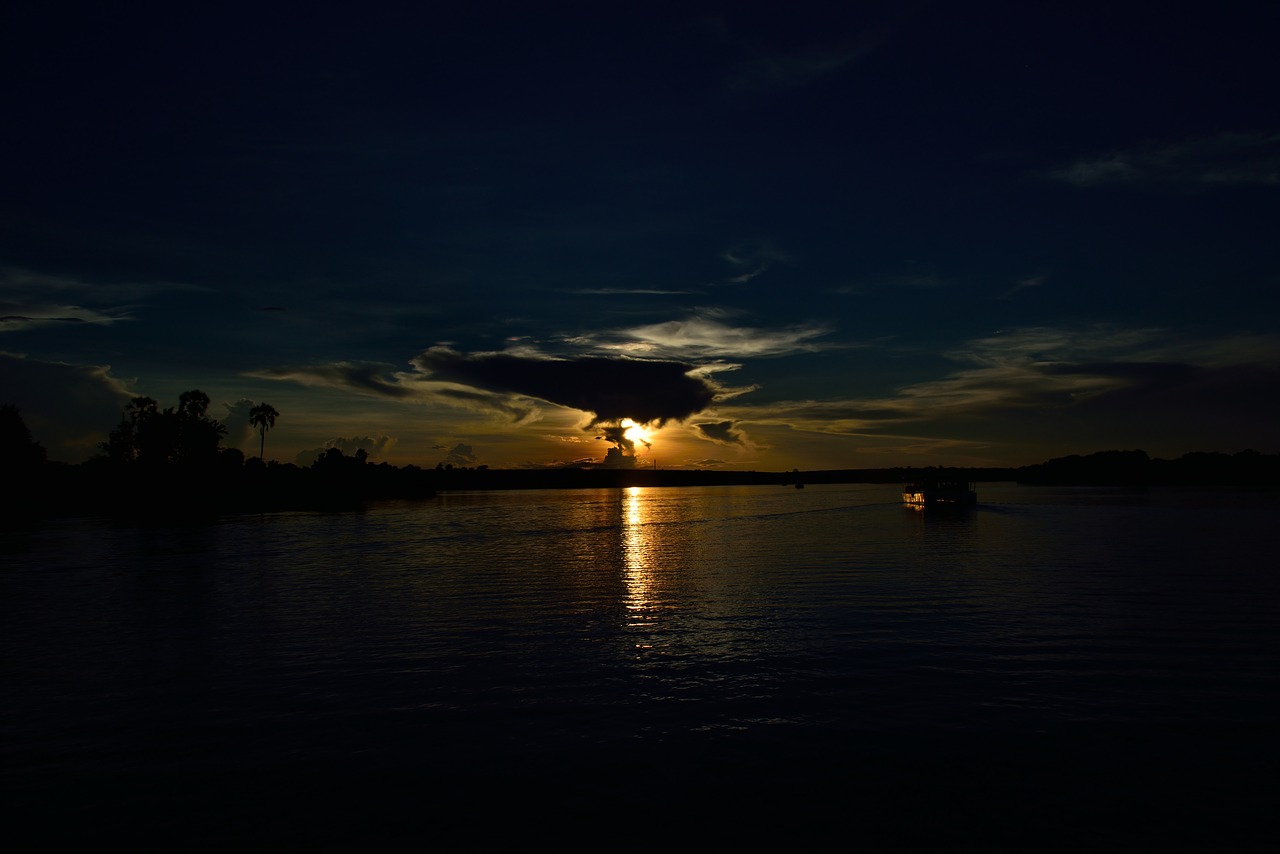
Researchers have discovered the homeland of all modern humans in a region located south of the Zambezi River in Botswana.
While the area is now dominated by salt flats, the researchers claim that the region was home to a large wetland where the earliest anatomically modern humans, the Homo sapiens, settled 20,000 years ago.
The scientists proposed that the landscape of the area where an enormous lake used to be located was transformed by the changes in the local climate. According to the paper published in the journal Nature, the lake was able to sustain our ancestors for 70,000 years.
However, as the landscape changed between 110,000 and 130,000 years ago, the modern humans also began to move out of the valley and the population began to disperse for the first time. This paved the way for the modern humans' migration out of Africa and consequently, across the world.
Lead Professor Vanessa Hayes, a geneticist at the Garvan Institute of Medical Research in Australia, said: "It has been clear for some time that anatomically modern humans appeared in Africa roughly 200,000 years ago. What has been long debated is the exact location of this emergence and subsequent dispersal of our earliest ancestors."
Hayes described Lake Makgadikgadi saying: "It's an extremely large area, it would have been very wet, it would have been very lush. And it would have actually provided a suitable habitat for modern humans and wildlife to have lived."
According to the researchers, the first migrants went northeast, while a second wave of migrants traveled southwest. The remaining population stayed in the homeland until the present day.
They were able to make their conclusions based on tracing back the human family tree using hundreds of samples of mitochondrial DNA from living Africans. They combined genetics with geology and climate computer model simulations to create a scenario of what the African continent might have been like 200,000 years ago.






